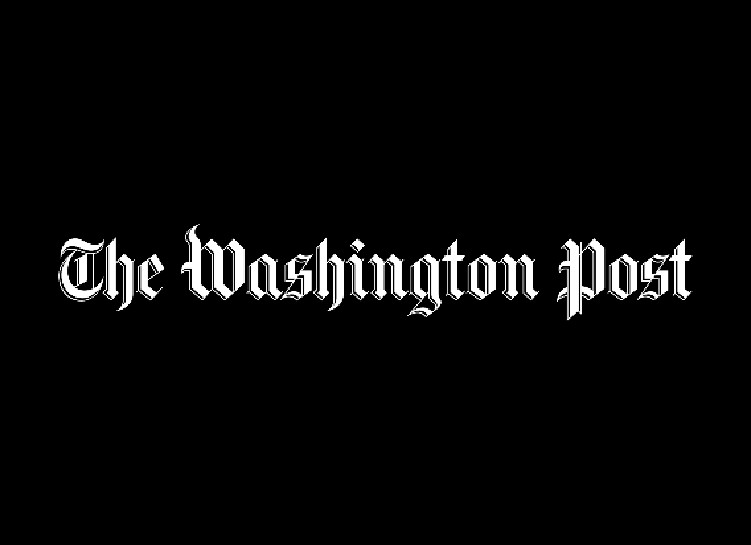In the weeks leading to Twitter’s launch of a fact-checking program to combat misinformation, experts at the company warned managers that the project could be easily exploited by conspiracy theorists.
Those warnings — which went unheeded — almost came true. The night before the invitation-only project, called Birdwatch, launched, in 2021, engineers and managers learned that they had inadvertently accepted a proponent of the violent conspiracy theory QAnon into the program — which would have enabled them to publicly annotate news-related tweets to help people determine their veracity.
The details of Twitter’s near-miss with Birdwatch came to light as part of an explosive whistleblower complaint filed in July by the platform’s former head of security, Peiter Zatko. He had commissioned an external audit of Twitter’s capabilities to fight misinformation and it was included in his complaint. The Washington Post obtained the audit and the complaint from congressional staff...
Rebekah Tromble, director of the Institute for Data, Democracy, and Politics at George Washington University, noted in an interview that because of the public and political nature of the Twitter platform, operatives see it as ideal for sowing disinformation campaigns.


